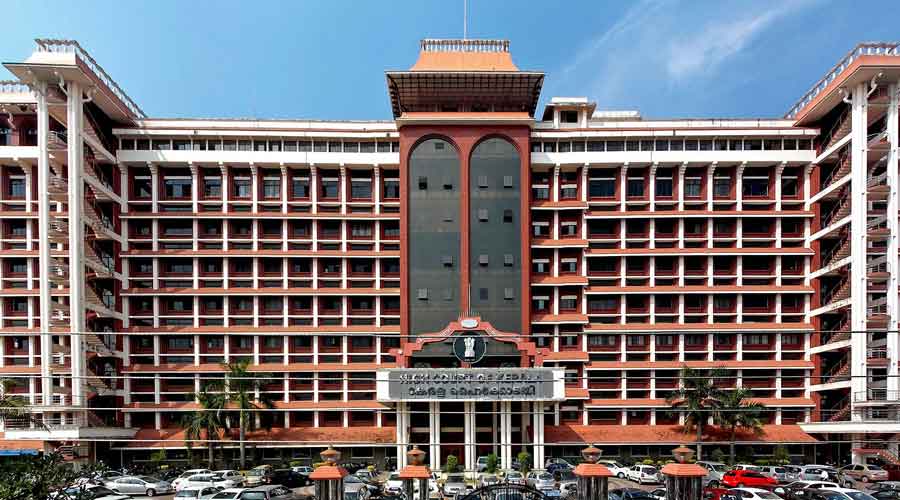News Highlight
On January 13, the Lok Sabha announced the disqualification of politicians with effect from the date of conviction.
Key Takeaway
- Nationalist Congress Party leader was convicted by the Kavaratti sessions court(Kerala) on January 11 for an attempt to murder and sentenced to 10 years imprisonment.
- The ECI set February 27 as the date for the by-election to that constituency on January 18, with the formal notification to be issued on January 31.
Disqualification of Politicians: Specific Provisions
- Article 102 of the Constitution
- Firstly, Article 102 of the Constitution contains a provision for disqualification.
- It states that under certain conditions, a person cannot run for office or be a Member of Parliament.
- The conditions include;
- Holding an office of profit.
- Being of unsound mind or insolvent.
- Not being a citizen of India.
- It also empowers Parliament to enact legislation governing the conditions of disqualification.
- Furthermore, members of state legislatures have similar protections.
- The Representation of the People Act, 1951
- The Representation of the People Act of 1951 states that a person is disqualified if convicted and sentenced to two years or more in jail.
- The person is ineligible for the duration of incarceration and another six years.
- There is an exception for sitting members;
- They have been given three months from the date of conviction to appeal
- The disqualification will not be applied until the appeal is resolved.
Can the disqualification be removed?
- The Supreme Court has the authority to delay a person’s sentence and their conviction.
- In rare situations, convictions have been stayed to allow the appellant to run for office.
- Yet, the Supreme Court has stated that such a stay should be granted only in exceptional circumstances.
- The RPA itself provides a remedy through the Election Commission.
- Additionally, the EC may record reasons and either remove or shorten the time of a person’s disqualification under Section 11 of the Act.
Factors in determining whether a person holds a profit-making office
- Whether the government is the appointing authority.
- Whether the government has the power to terminate the appointment.
- Whether the government determines the remuneration.
- The source of remuneration
- Furthermore, the power that comes with the position.
Basic criteria to disqualify an MP or MLA
- Articles 102 and 191
- The basic disqualification criteria for an MP are outlined in Article 102 of the Constitution, while those for an MLA are outlined in Article 191.
- Grounds for disqualification under Constitution
- Firstly, holding an office of profit under the government of India or state government.
- In addition, being of unsound mind.
- Being an undischarged insolvent.
- Furthermore, not being an Indian citizen or acquiring citizenship of another country.
Important Judgements on Disqualification of Politicians
- Lily Thomas vs Union of India(2013)
- In 2013, a two-judge Bench of the Supreme Court declared that Article 102 authorises Parliament.
- It is to create a law regarding the disqualification of a person “for being chosen as, and for being, a member of either House of Parliament”.
- In addition, The Court took this language to suggest that Parliament could set disqualification criteria.
- And those criteria would apply equally to candidates and serving members.
- As a result, the provision made for sitting members was unlawful.
- The judgement further noted Article 101 that if a Member of Parliament was disqualified under Article 102, “his seat shall thereupon become vacant”.
- As a result, if the prerequisites of Article 102 were met, the disqualification was automatic and took effect immediately.
Conclusion
- The Lily Thomas decision (2013) mandates that the seat be resigned immediately upon disqualification.
- However, the stay in the instance of P.P. Mohammed Faizal attempts to guarantee that the MP holds the position until the appeal is decided.
- Ideally, the Supreme Court will dismiss the case since it will have ramifications for other cases.
Pic Courtesy: Telegraph India
Content Source: The Hindu



